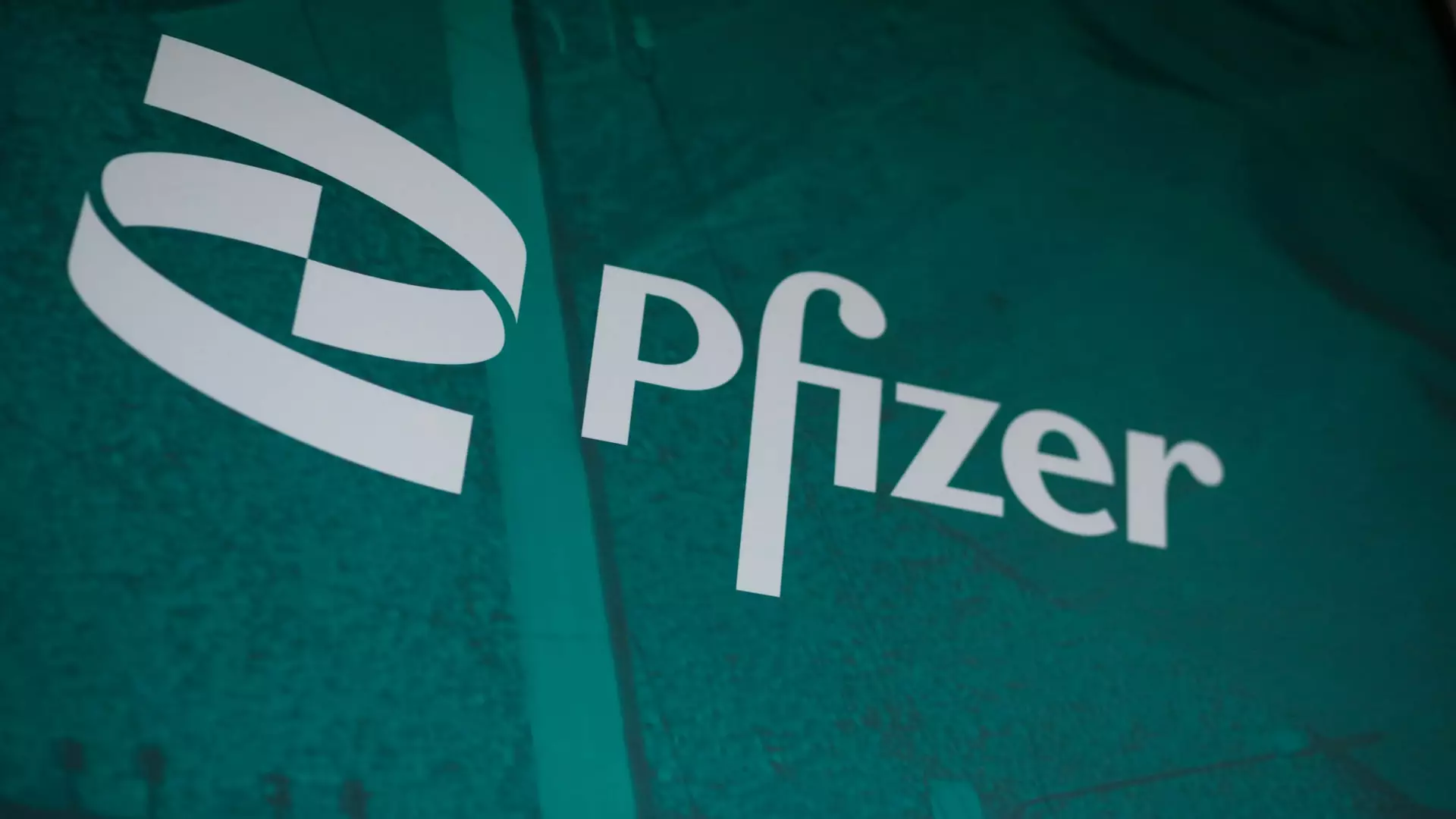Cancer cachexia is a complex syndrome characterized by significant weight loss, muscle atrophy, fatigue, and weakness. This debilitating condition primarily affects cancer patients and complicates treatment regimens, stemming mainly from a myriad of biological factors triggered by tumors. Approximately nine million people globally experience cancer cachexia, and data suggests that around 80% of those afflicted may succumb within a year of their cancer diagnosis. One of the leading causes of this syndrome is the disruption in metabolic pathways controlled by certain proteins, notably growth differentiation factor 15 (GDF-15), which influences appetite and body weight.
For cancer patients, the inability to consume sufficient nutrients worsen their health outcomes, making them vulnerable to enhanced disease progression and reduced overall survival rates. This stark reality underscores the significance of nutritional support and management in oncology care. As such, innovative therapies targeting cancer cachexia could drastically alter the landscape of cancer treatment by not only improving patients’ quality of life but also enhancing their capacity to endure rigorous cancer therapies.
Pfizer’s recent midstage trial results for the experimental monoclonal antibody ponsegromab herald a potential breakthrough in addressing cancer cachexia. Presenting at the prestigious European Society for Medical Oncology 2024 Congress, Pfizer showcased the promising effects of ponsegromab on patients suffering from this severe condition. The trial involved patients diagnosed with various forms of cancer, including non-small cell lung cancer, pancreatic cancer, and colorectal cancer, all of whom exhibited elevated levels of GDF-15.
As the trial progressed over 12 weeks, the findings revealed a statistically significant increase in body weight among patients administered the highest dosage of ponsegromab at 400 milligrams. These patients experienced a 5.6% increase in weight compared to their counterparts who received a placebo. Furthermore, those on lower doses demonstrated encouraging results as well, with respective increases of 3.5% and 2%. For clinicians, an increase of over 5% in body weight is considered a “clinically meaningful difference,” signaling that ponsegromab may potentially become a cornerstone of therapy for cancer cachexia.
GDF-15 serves as a pivotal biomarker in understanding and managing cancer cachexia. This protein primarily functions as a signaling molecule in the brain, guiding appetite regulation. Elevated levels of GDF-15 have been consistently observed in patients undergoing severe metabolic stress due to cancer. By lowering GDF-15 levels, ponsegromab appears to restore appetite and weight gain, signaling a shift in the treatment paradigm for cachexia. Pfizer’s approach to reducing GDF-15 aligns with emerging research that recognizes the potential of targeting molecular pathways to enhance patient wellness.
Charlotte Allerton, Pfizer’s head of discovery and early development, highlighted the significance of addressing the unmet needs of cancer patients struggling with cachexia. She noted that by alleviating this debilitating condition, ponsegromab could vastly improve patients’ overall well-being, enabling them to better tolerate ongoing cancer treatments, which is essential for improving long-term survival rates.
Although Pfizer has not yet disclosed the potential revenue impact of ponsegromab, the implications for patient care and treatment protocols are considerable. The pharmaceutical giant is actively engaging with regulatory bodies to advance late-stage development of the drug, with ambitions to initiate clinical studies by 2025 that may facilitate its approval for broader applications.
Moreover, ponsegromab’s potential extends beyond cancer cachexia; Pfizer is investigating its effects in heart failure patients who may similarly suffer from cachexia due to underlying metabolic disturbances. This dual focus signifies a broader commitment to translating findings from specific conditions into comprehensive treatment solutions across various patient populations.
The advent of Pfizer’s ponsegromab marks a promising advance in the fight against cancer cachexia, a condition that has long been overlooked yet critically affects patient outcomes. As clinical trials progress and insights into GDF-15 regulation deepen, this innovative therapy could reshape how oncology addresses cachexia, ultimately improving the quality of life and survival rates for millions of patients worldwide. Continued research and development in this field will undoubtedly yield further revelations, paving the way for better management strategies and therapeutic options tailored to the multifaceted challenges faced by cancer patients.

Leave a Reply